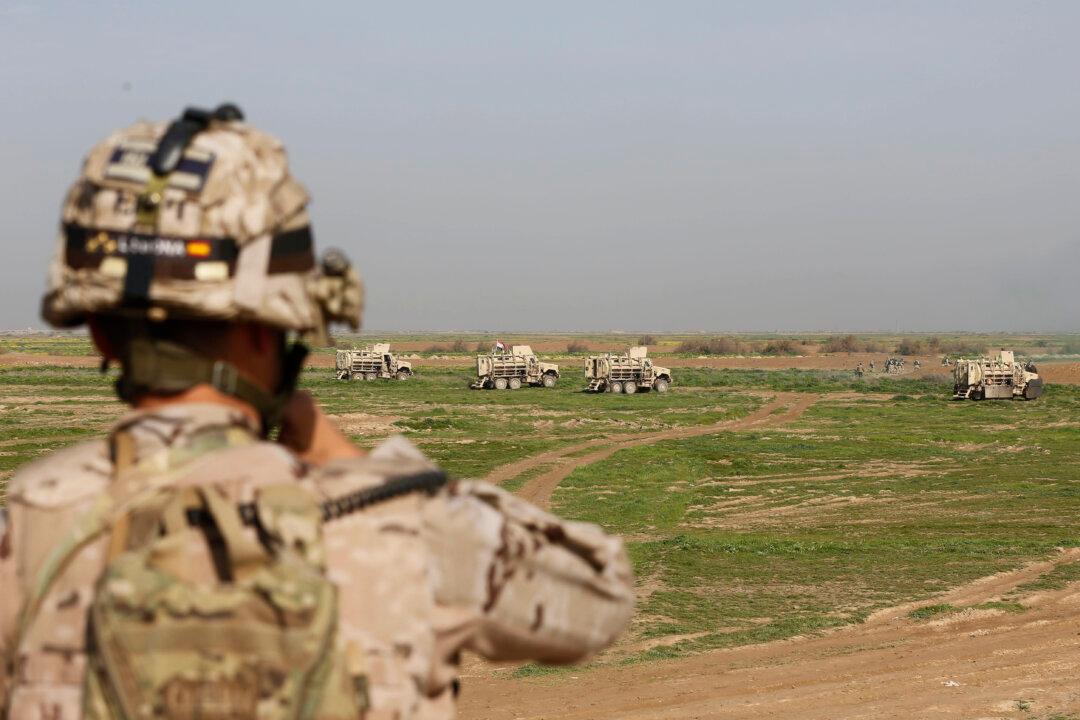BAGHDAD — The United States will send 560 more troops to Iraq to help establish a newly retaken air base as a staging hub for the long-awaited battle to recapture Mosul from Islamic State militants, Defense Secretary Ash Carter said Monday on an unannounced visit to the country.
Most of the new troops will be devoted to the build-up of the Qayara air base, about 40 miles south of Mosul, and include engineers, logistics personnel and other forces, Carter said. They will help Iraqi security forces planning to encircle and eventually retake the key city.
“These additional U.S. forces will bring unique capabilities to the campaign and provide critical enabler support to Iraqi forces at a key moment in the fight,” Carter said, according to prepared remarks.






